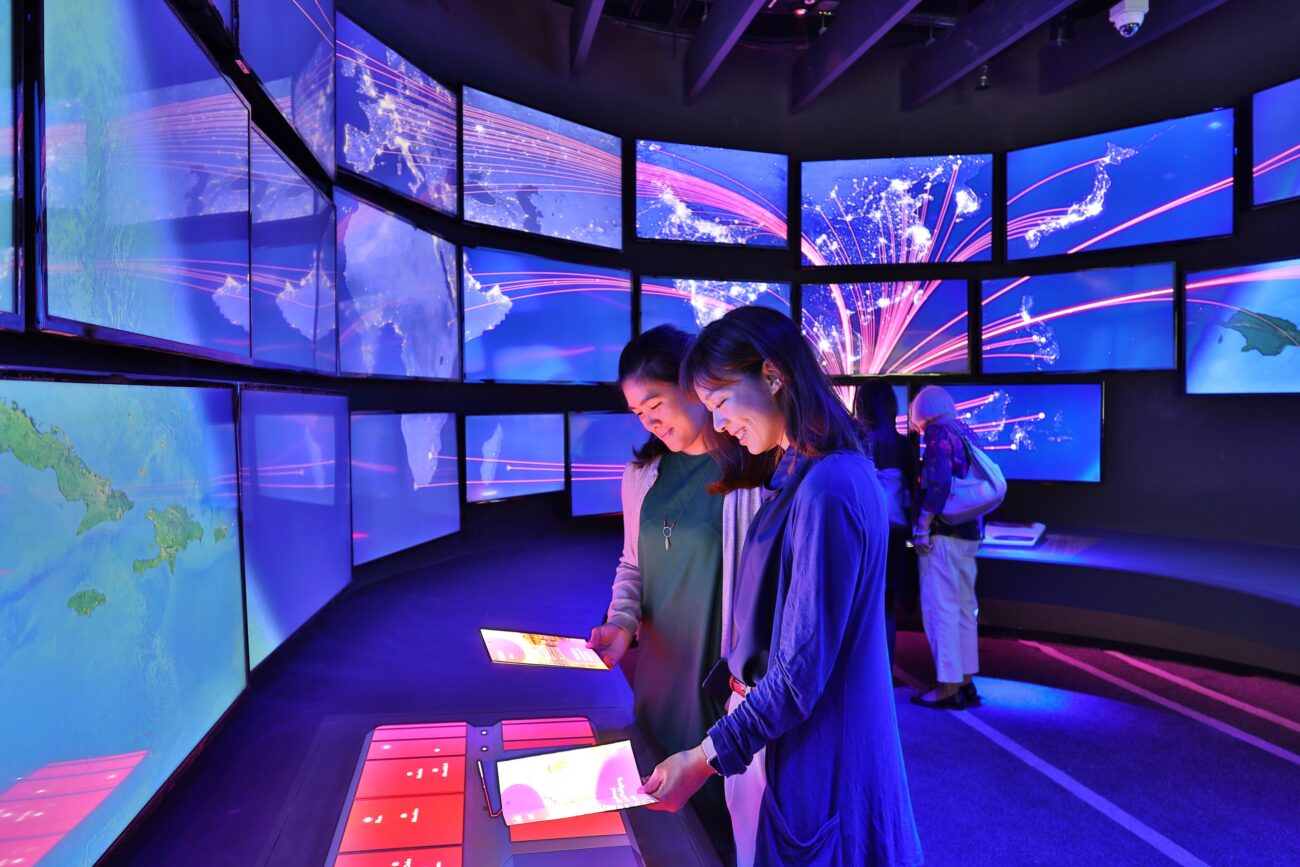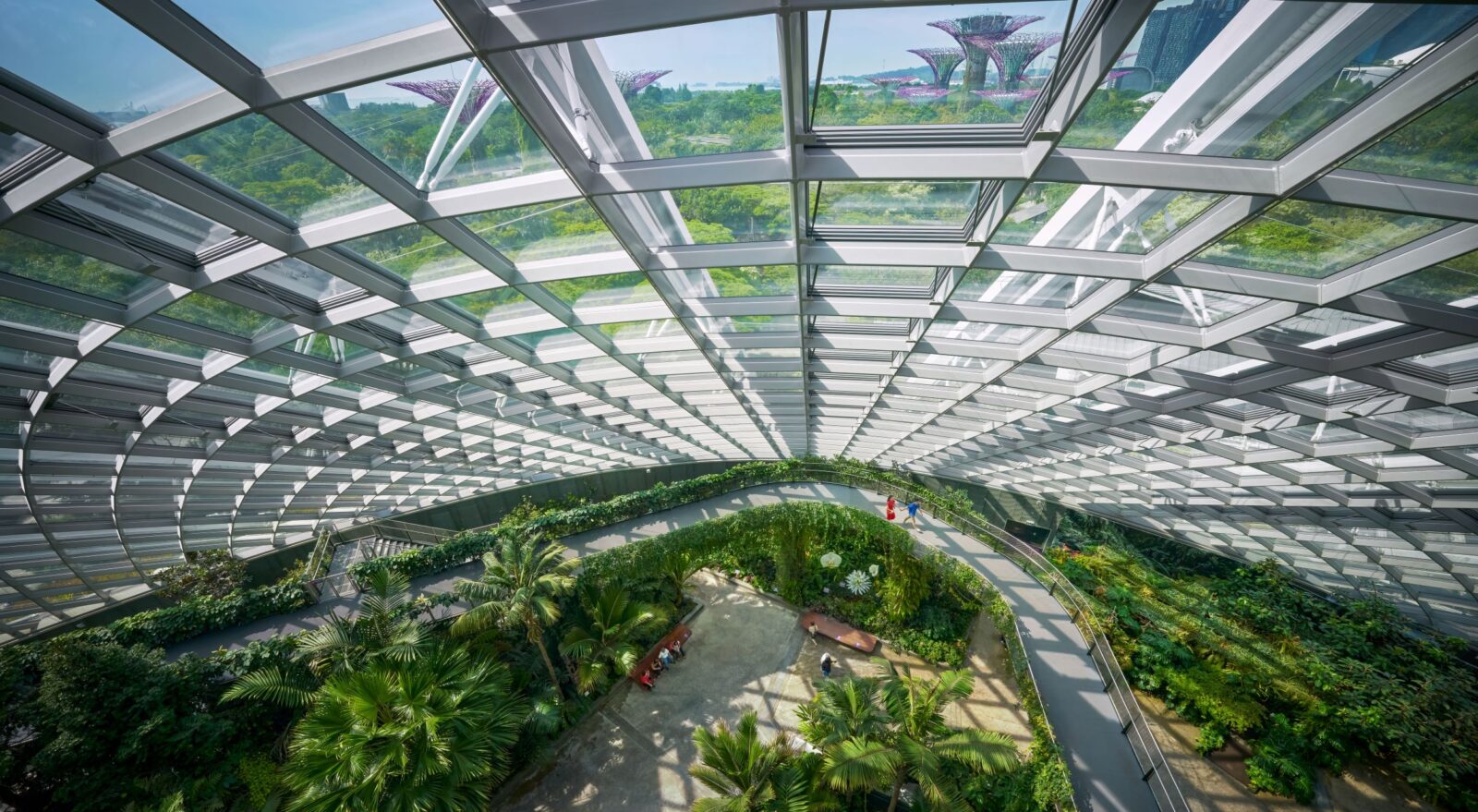The government’s commitment to creating a ‘Smart Nation’ by focusing on three pillars – Digital Society for individuals to cultivate talent, Digital Economy for businesses to capitalize in technology and Digital Government to invest in infrastructure – has gained Singapore global recognition in the field. It topped the Institute of Management Development and the Singapore University of Technology and Design (IMD-SUTD) Smart City Index for 3rd year running and ranked first in KPMG’s Global Ranking of Leading Technology Hubs in 2021.
Such acknowledgements have provided additional impetus for the country to advance with the aid of state funding. The government has put in place a five-year plan for research, innovation, and enterprise (RIE 2025), pumping S$25 billion into universities, research institutes, innovation and enterprise platforms and talent development. With such initiatives Singapore leads the way in areas such as Artificial Intelligence (AI), Robotics and Smart Finance.
Key Sectors of Innovation
Associations looking for rich innovative content for their congresses and the right stakeholders to connect to for further collaboration are in the right place in Singapore.
One of the main areas of development through innovation is AI. Singapore is set on deploying scalable, impactful AI solutions across most sectors by 2030, facilitating life for citizens and businesses. To this end, the National AI Strategy outlines focus areas, cooperation opportunities and risk management strategies for a smooth transition and adoption of AI in everyday life.
ICT initiatives like SMEs Go Digital, a program to help SMEs improve digital capabilities, the TechSkills Accelerator to develop a skilled ICT workforce, and the Open Innovation Platform, a virtual crowd-sourcing platform that matches real business challenges or digitalization opportunities with problem solvers, are there to support the digital transition. Companies like Google and LinkedIn have data centres in Singapore, Siemens and ABB have key innovation centres and Infineon Technologies announced the set-up of its global AI innovation hub, strengthening the country’s position in the field.
Healthcare, manufacturing, and services have been recognized as key areas where robotics can make a difference. The National Robotics Programme (NRP), developed by the Launchpad Robotics Centre and major funding, looks at the end-to-end development of differentiating robotics enablers and solutions to maximize socio-economic impact.
In manufacturing, Panasonic Singapore and the Precision Bearings and Automation (PBA) group are turning to robots to improve capabilities. In hospitality, robot butlers are in use at Hotel Jen and M Social. The healthcare sector is using wearables for rehabilitation of stroke patients and has developed the SwabBot to carry out an automated nasal swabbing procedure that is safe, faster and more comfortable compared with manual swab tests.
Ranking among the top five fintech hubs worldwide, Singapore boasts over 1,000 companies based there. Innovation is in the centre of this field too, with innovation labs related to the financial sector rapidly increasing (currently there are 40, up from almost none just five years ago). Heavy investment from the government in technology and cyber security has boosted growth and has created new industry sectors, like digital banks, mobile payment providers, cryptocurrency companies and insurtech firms. M-DAQ is one example of the many innovation companies pushing Singapore upwards in the fintech area. The start-up is using proprietary technology to minimize foreign exchange risk in cross-border transactions, facilitating transactions and increasing economic revenue.

Conferences Find Beneficial Opportunities
Commitment to implement innovation in key economic sectors has helped the country attract like-minded associations who chose Singapore for the ample opportunities it offers to connect with thought-leaders and decision-makers.
From 31 May to 3 June 2022, Asia’s major tech event Asia Tech x Singapore (ATxSG) returned to Singapore with 16,600 attendees from 93 countries. Representatives from the governments of Brazil, Estonia, Indonesia and the United States as well as top executives from renowned tech companies like Amazon Web Services, Google, Meta, Microsoft, and Zoom got together to exchange ideas on the latest technologies that drive digital innovation and transformation in the field and an inclusive digital society.
With 600 exhibitors and 200 conference sessions, participants enjoyed a fruitful experience as networking and collaboration with local and international stakeholders was easy. The latest tech trends, challenges and opportunities were discussed at Singapore EXPO and proved the nation’s ability to successfully host major events post-covid.
A different case of innovative achievements was presented during the World Aquaculture Singapore (WAS) 2022. The Singapore EXPO Convention & Exhibition Centre and MAX Atria hosted for the first time the global aquaculture community from 30 November to 2 December 2022. Over 3,500 attendees from 82 countries debated on animal health and welfare, emerging species, food security, sustainable development of aquaculture, and value chain development.
WAS 2022 was themed “Next Generation Aquaculture Innovation and Sustainability Will Feed the World”, in line with the country’s fresh and cutting-edge approach to advancing aquaculture. In fact, 89% of the world’s aquacultural production is located in Asia, making Singapore an important hub for industry players to converge.
Access to a wealth of talent combined with the government’s commitment to create a smart nation have led Singapore to become a front-runner in innovation. Associations can tap into this future-proof evolution when bringing their conference to the country by connecting to experienced local academics, researchers and policy-makers.
